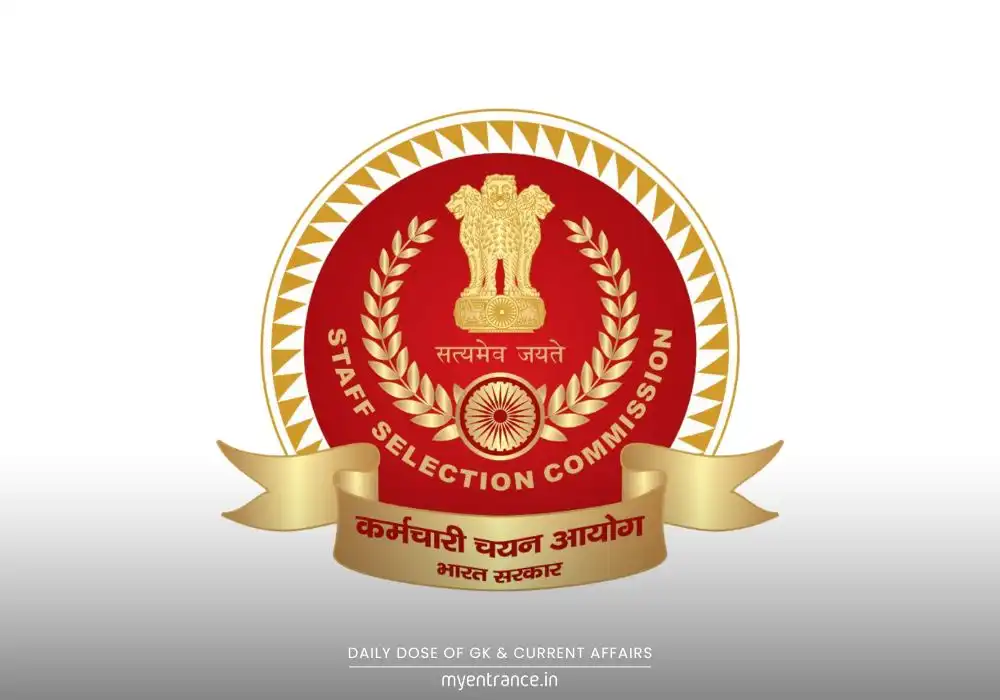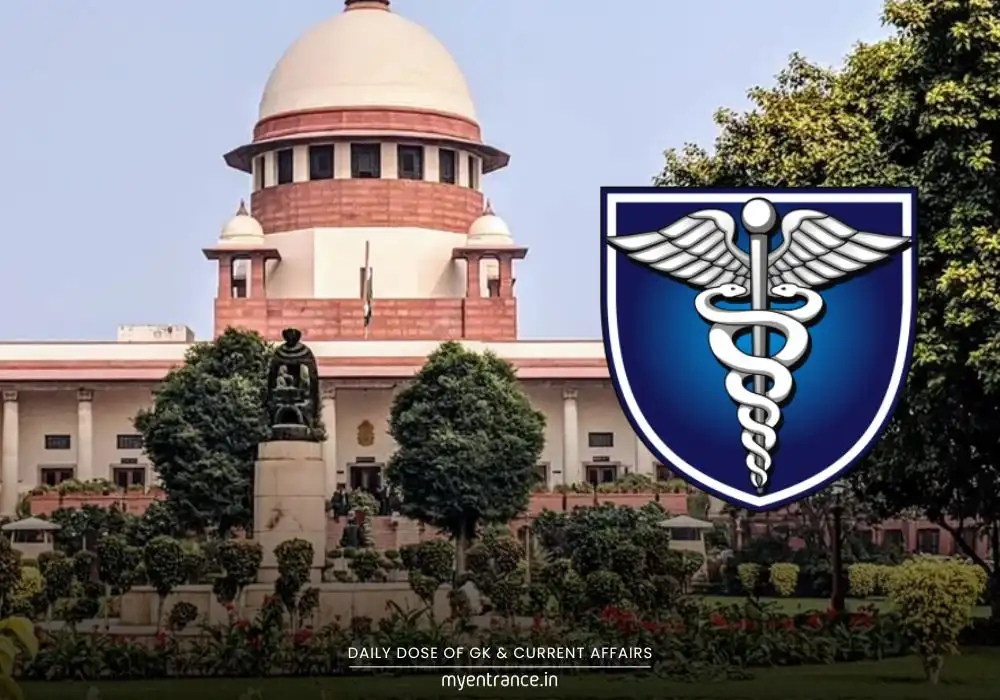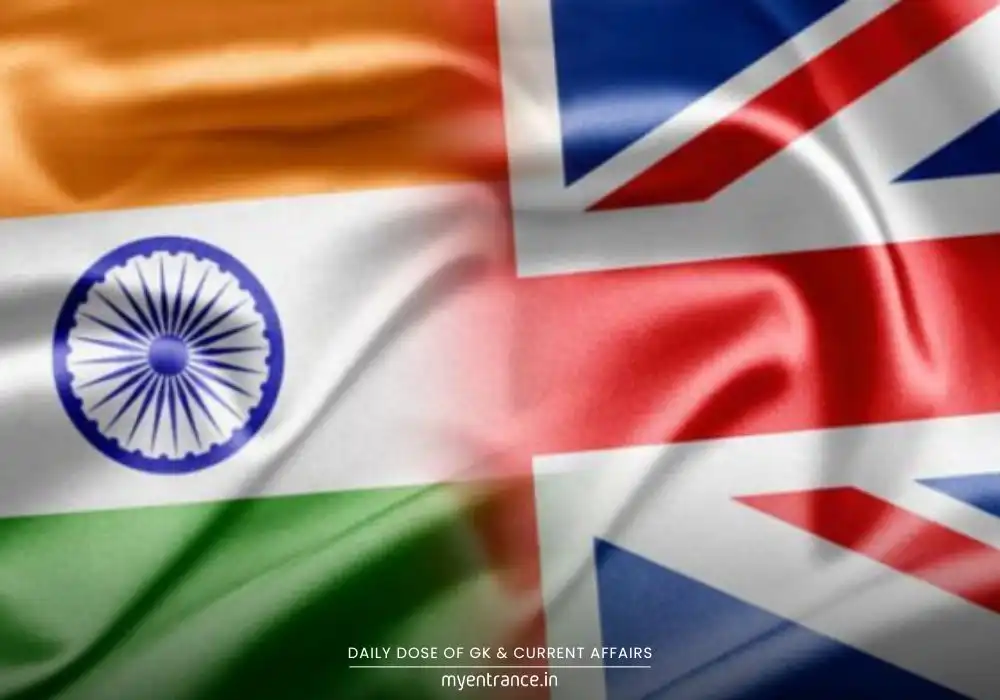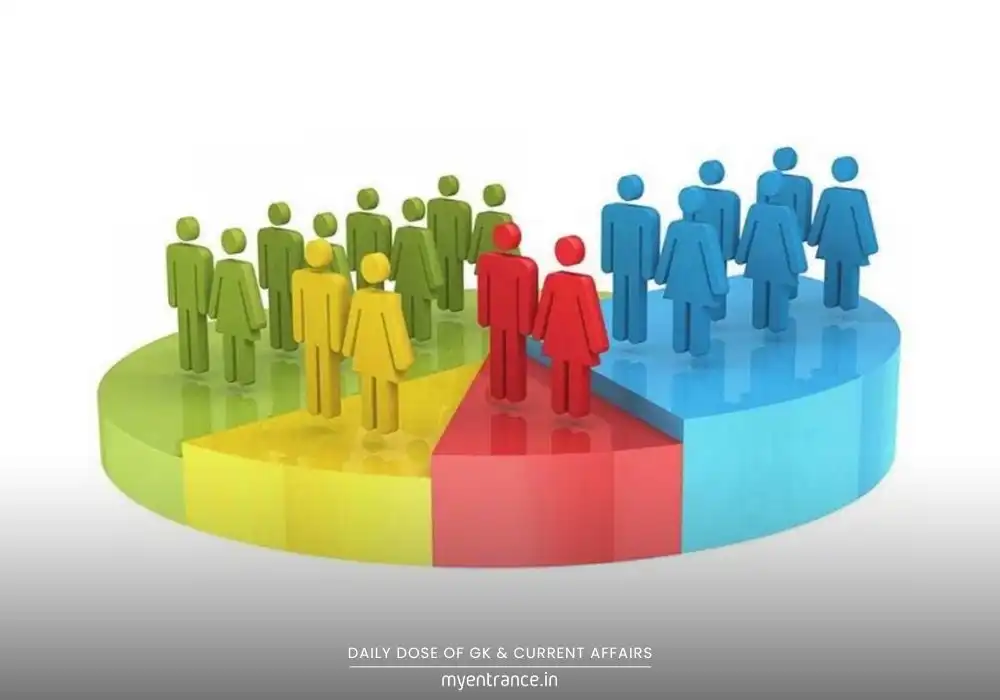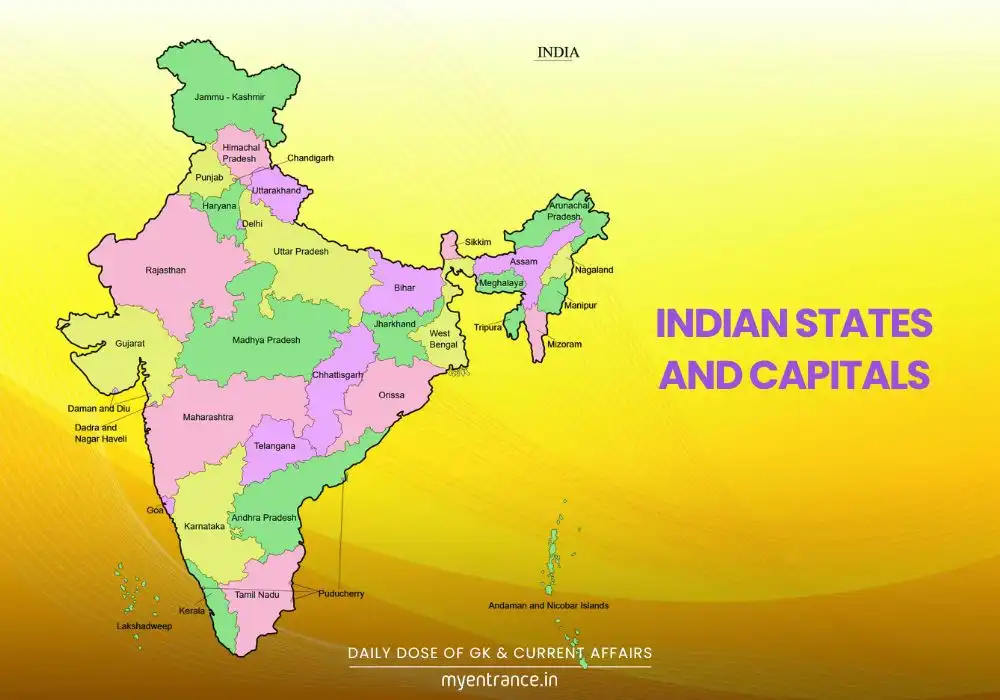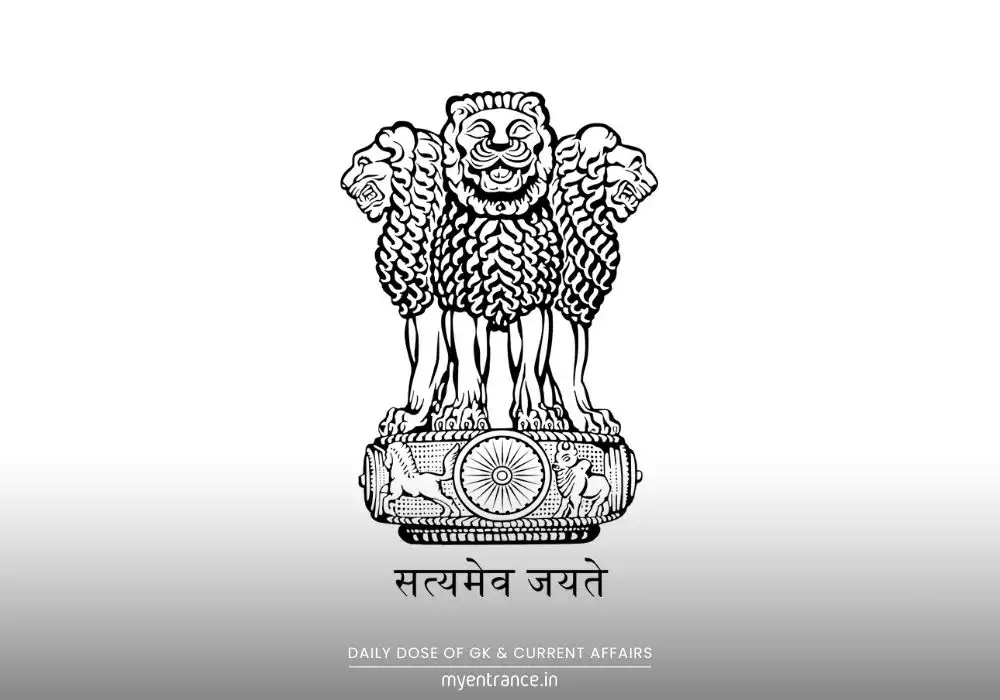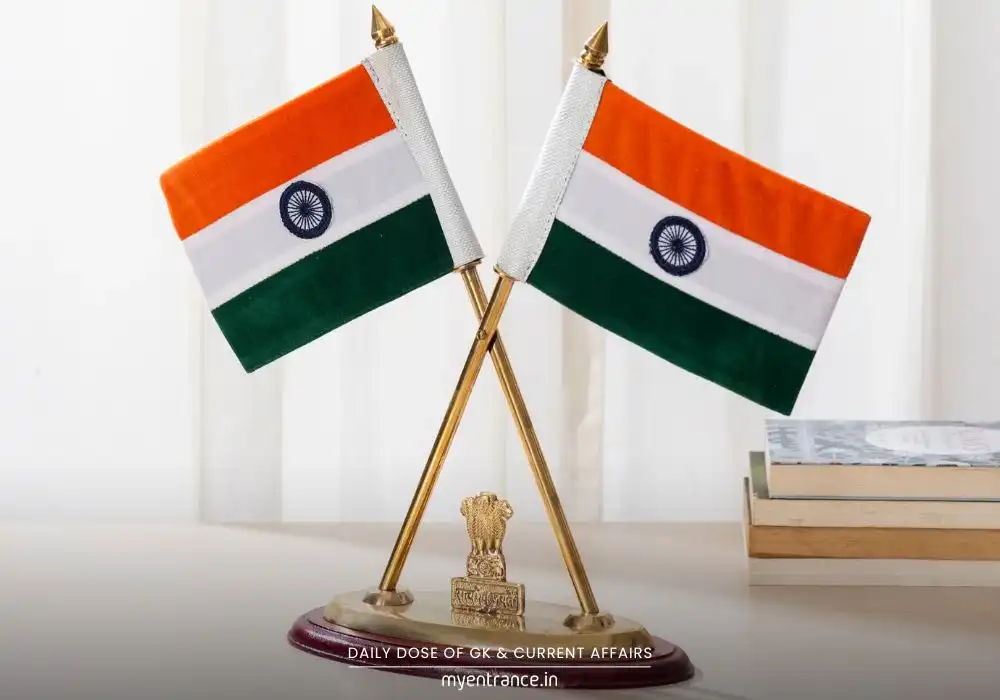Translate Language
Why is India’s Role in the Global South Crucial for Its Foreign Policy?
India’s foreign policy has long emphasized solidarity with the Global South, but recent geopolitical shifts—such as its stance on the Israel-Gaza conflict—have raised questions. As aspirants preparing for SSC, PSC, NIFT, or NID, understanding this diplomatic tightrope is crucial for both current affairs and essay-based exams.

India’s Global South Strategy: A Delicate Balancing Act
The term “Global South” refers to economically developing nations, primarily in Asia, Africa, and Latin America, which share histories of colonization and face similar socio-economic challenges. Unlike the Global North (US, Europe, Australia), these countries often advocate for fairer global trade, climate justice, and multilateral cooperation.
Key Aspects of India’s Engagement
Historical Ties: India’s leadership in the Non-Aligned Movement (NAM) strengthened its bond with the Global South.
Economic & Diplomatic Initiatives: Programs like ITEC (Indian Technical and Economic Cooperation) and the International Solar Alliance (ISA) enhance India’s soft power.
Recent Challenges: India’s pro-Israel stance post-October 2023 Hamas attacks led to diplomatic friction, as seen in UNESCO elections where Pakistan secured more Global South votes.
Global North vs. Global South: Key Differences
Economic Disparities: The North holds greater wealth, while the South faces developmental hurdles.
Political Influence: Global North nations dominate institutions like the UN and IMF.
Colonial Legacy: Many Global South countries share a history of exploitation by European powers.
Why India’s Global South Policy Matters
Strategic Autonomy: Balancing ties with both the West and the South ensures India isn’t overly dependent on any bloc.
Multilateral Leadership: Initiatives like BRICS and G20 amplify India’s voice in global governance.
Exam Relevance: UPSC aspirants must grasp these dynamics for GS Paper II (International Relations) and essay questions.
Sample Q&A for Competitive Exams
Q1: What defines a Global South country?
A: Nations with developing economies, often post-colonial, located in Asia, Africa, or Latin America.
Q2: How does India’s Global South policy align with NAM principles?
A: Both emphasize strategic autonomy, South-South cooperation, and resisting dominance by superpowers.
Q3: Why did India lose the UNESCO election to Pakistan in 2023?
A: Many Global South nations voted against India due to its perceived pro-Israel stance.
Q4: Name two initiatives boosting India’s ties with the Global South.
A: International Solar Alliance (ISA) and ITEC (technical cooperation program).
Q5: How does the Global South differ economically from the Global North?
A: The South faces lower GDP, infrastructure gaps, and reliance on agriculture, while the North has advanced industries and services.
Get 3 Months Free Access for SSC, PSC, NIFT & NID
Boost your exam prep!
Use offer code WELCOME28 to get 3 months free subscription. Start preparing today!

